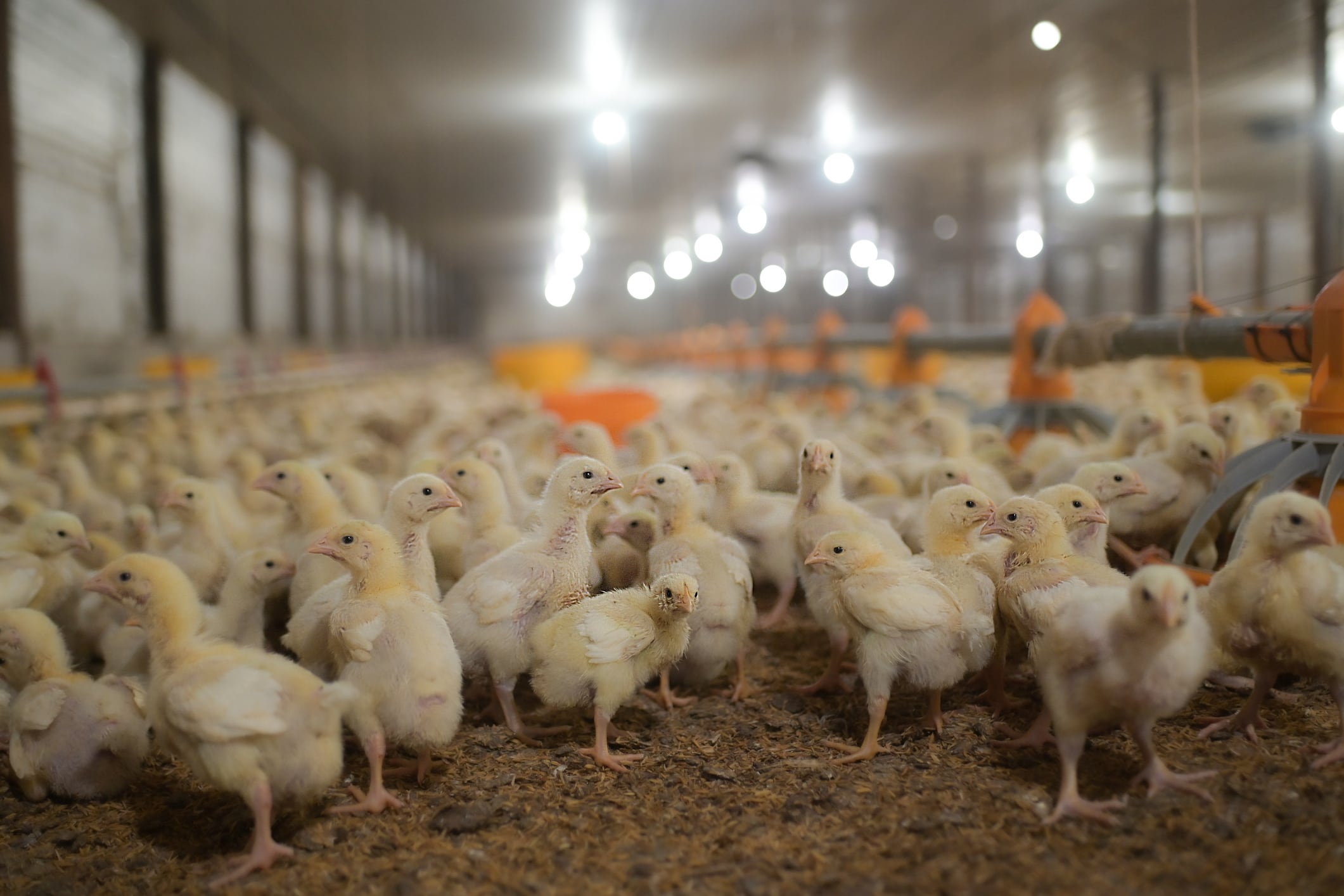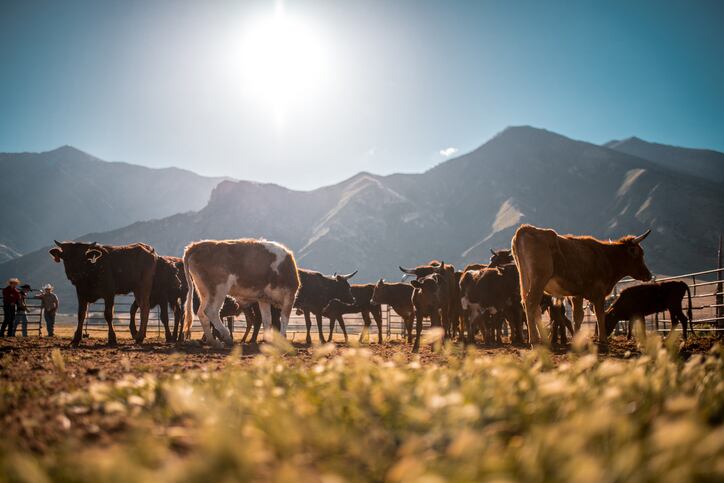A biotech company engineering next-generation microbiome-based tools for animal health, BiomEdit has successfully closed an oversubscribed Series B financing round exceeding $18m.
The round was led by Anterra Capital, with continued support from Nutreco and new strategic participation from AgriZeroNZ, Indiana’s Elevate Ventures, and Betagro, among others.
BiomEdit says this infusion of capital will propel it through the final stages of regulatory approval and into the commercial launch of its flagship product, BE-101, soon to be marketed as Optavant.
Designed to combat necrotic enteritis (NE) in broiler chickens, BE-101 is a first-of-its-kind probiotic vectored antibody (pvAb) that targets Clostridium perfringens toxins, the primary culprits behind NE-related mortality and productivity loss.
Now in the final phase of the USDA’s conditional licensure process, the company maintains the product is on track for US commercialization in 2026.
To support those developments, BiomEdit has partnered with Diamond Animal Health as its contract development and manufacturing organization (CDMO).
BE-101 combines two genetically engineered strains of Lactobacillus reuteri, sourced from healthy chickens, to produce antibodies that neutralize NetB and Alpha toxins - key drivers of intestinal damage.
In large-scale NE challenge trials simulating commercial conditions, BE-101 demonstrated significant reductions in mortality, improved feed conversion, and enhanced weight gain, according to the CEO, Aaron Schacht.
“When poultry experience gut stress - often due to coccidiosis - C. perfringens, a normally benign gut resident, can turn pathogenic and release toxins that damage intestinal cells,” explains Schacht, in a previous interview with this publication. “BE-101 was designed to neutralize those toxins while addressing the underlying gut stress, offering a dual-action solution.”
Modulating the microbiome
BiomEdit’s CEO, Aaron Schacht, will participate in a panel on microbiome modulation in monogastrics at the Animal AgTech Innovation Summit in Amsterdam on October 16.
Regulatory milestones
Recent regulatory milestones include completion and USDA approval of all required lab safety studies, approval of pivotal efficacy studies, and completion of large-scale floor pen trials under commercial-like conditions.
To strengthen its leadership team ahead of commercialization, BiomEdit has appointed Kristin Bloink (formerly of Elanco) as vice president of development and Andrew Carlson (ex ADM) as chief commercial officer.
“We’re focused on launching in the US first, but we’re already laying the groundwork for international expansion,” says Schacht. “Brazil is a top priority, and we’re actively engaging with regulators and partners there.”
Pipeline
Beyond poultry, BiomEdit is accelerating innovation across its broader pipeline. The company has secured over $1.7m in non-dilutive grants to support a USDA-backed biologic approach to Highly Pathogenic Avian Influenza (HPAI), NIH-funded research into human therapeutic applications of its platform, and a Global Methane Hub grant to explore microbiome-based methane mitigation in ruminants.
Its methane-reduction platform is also seeing progress, with its first feed additive candidate now in in vivo trials. Unlike traditional approaches that block methane production, BiomEdit claims its strategy reshapes the rumen microbiome to outcompete methanogens and inhibit their activity, thus enhancing productivity while reducing emissions.
“Methanogens are opportunists, not essential to the cow’s survival,” Schacht notes. “We’re introducing microbes that consume hydrogen more efficiently and produce molecules that suppress methane formation.”
Wayne McNee, CEO of AgriZeroNZ, says the investors are backing BiomEdit due to its efforts to accelerate a methane mitigation solution for grazing cattle, one that could benefit New Zealand and livestock systems worldwide.





